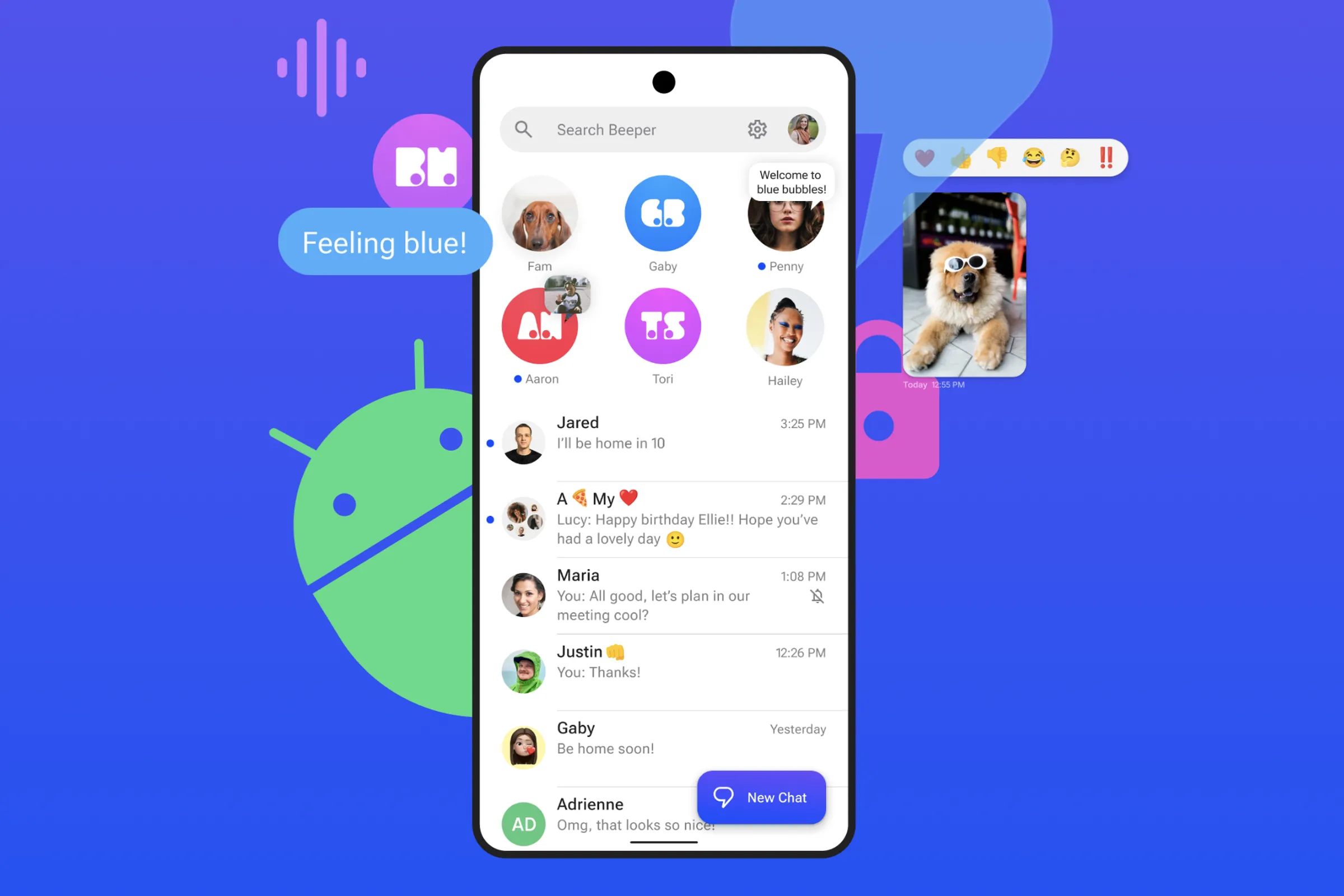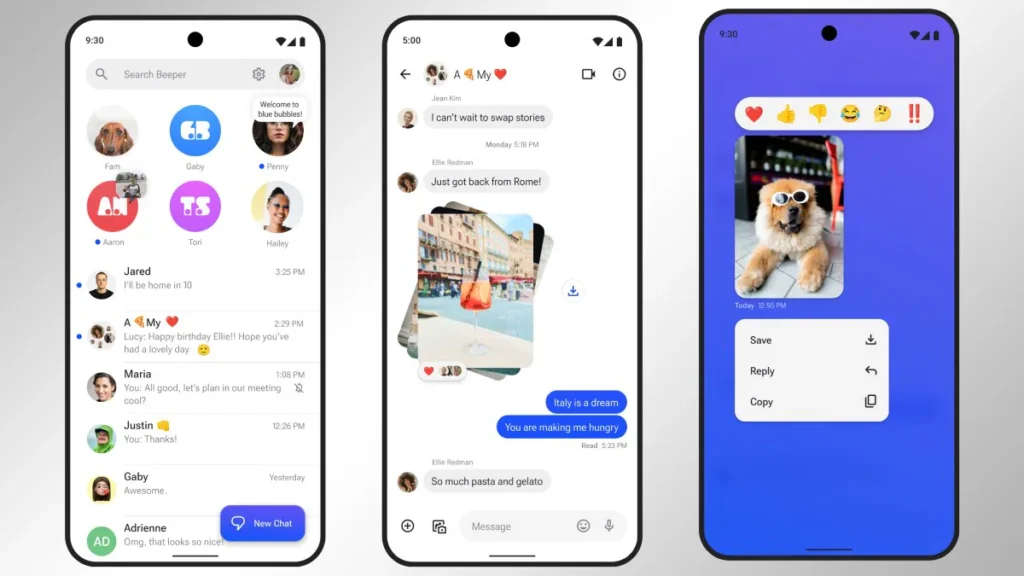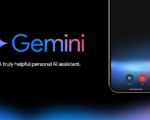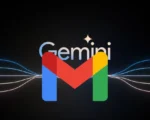Cross-Platform Harmony: Beeper Mini Revolutionizes iMessage on Android Phones, Operating Without Apple ID – Here’s the Breakdown

Tech Breakthrough: Beeper Achieves iMessage Support on Android by Reverse Engineering Apple’s Protocol and Encryption, Assisted by a High School Prodigy
Beeper Mini, the latest messaging app from the startup led by Eric Migicovsky, former Pebble Co-Founder, made its debut on Tuesday, offering Android users access to Apple’s iMessage service for a nominal monthly fee. This development comes in the wake of a previous attempt by UK-based startup Nothing to introduce a chat app with similar functionality, which faced swift removal from the Play Store due to privacy concerns. In contrast, Beeper’s new app appears to address these privacy issues effectively, operating locally on users’ smartphones and even functioning without the need for an Apple ID.
The technical underpinnings of the Beeper Mini app, as outlined in a comprehensive exploration on the company’s website, reveal its status as a standalone app designed specifically for Android smartphones. In a departure from the earlier Beeper Cloud app, the Mini version eschews reliance on a cloud server to relay messages. One noteworthy aspect is Beeper’s claim of having reverse engineered both Apple’s iMessage protocol and end-to-end encryption (E2EE), a feat achieved with the assistance of a 16-year-old high-school student and security researcher known as “JJTech”. This innovative approach positions Beeper Mini as a promising contender in the realm of cross-platform messaging, offering Android users seamless access to the iMessage ecosystem.
Operating the app locally means that neither Beeper nor Apple are able to see the contents of messages to iMessage users sent via Beeper Mini, the company claims. The app also directly connects to Apple’s servers, allowing users to send messages that appear as blue bubbles to iMessage users, while also supporting features like read receipts, typing indicators, sending high quality media, stickers, reactions, voice notes, and GIFs. It even supports unsending messages or editing them, according to Beeper.
This is in stark contrast to Nothing Chats, which was created in partnership with another firm called Sunbird that used Apple ID credentials of users to log in to a server farm with several Mac mini units in order to provide them with access to iMessage — both firms have pulled access to their apps after security flaws were exposed.

After downloading the Beeper Mini app, users will need to sign in with their Google account to verify their subscription status and grant the app permission to send notifications for new messages, access to contacts for discovering other iMessage users, and SMS access to sign up for iMessage. Meanwhile, Beeper Mini generates encryption keys to enable E2EE for iMessage chats.
Signing in with your iCloud credentials is optional, according to Beeper, and doing so will let you send messages from your email address — this means you’ll also be able to send messages via another Apple device — the company says that all credentials are sent securely to Apple and are not stored.
It’s worth noting that Beeper is not an open source app, which means that users will essentially be trusting the company’s claims until a security audit is completed. In the meanwhile, the company points to JJTech’s blog post detailing how Apple’s system works as well as his proof-of-concept for computers written in Python that allows users to test out the feature without Apple hardware. The company plans to add in support for 15 other chat networks over time as Beeper Mini transitions to the main Beeper app, replacing Beeper Cloud.





















